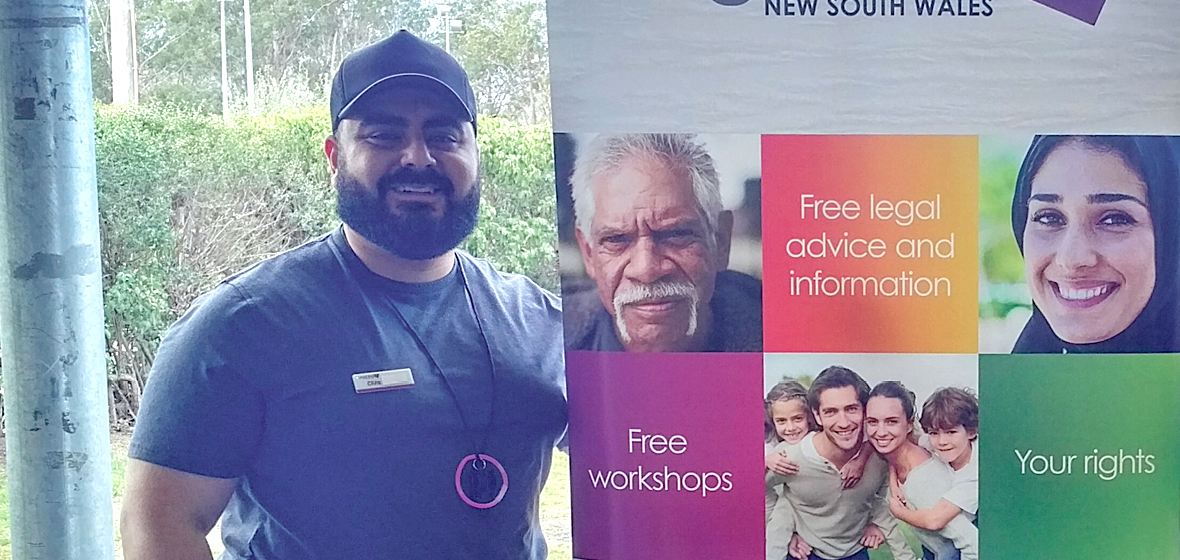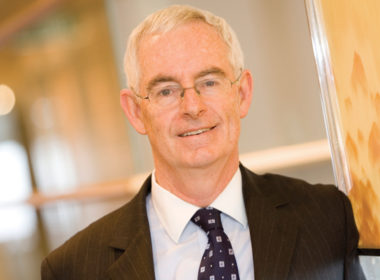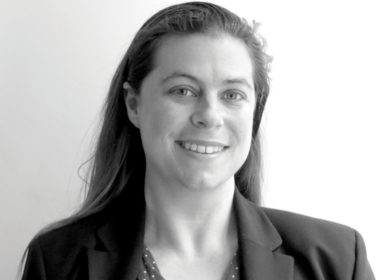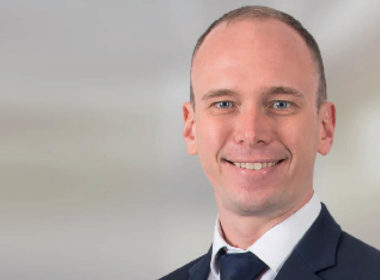Christopher Daniels has been a solicitor for Legal Aid since 2015, specialising in youth justice. He has worked in a number of areas including civil law, immigration, crime and homeless outreach. Passionate about providing holistic legal services, Daniels talks about a case that solidified his commitment to helping young people.
The case involved a 15-year-old Indigenous young person who was a former student at a behavioural school. He had a history of substance abuse, in particular methamphetamine. His principal had gotten in contact with Legal Aid because the young person had turned up at school one day after not attending for eight months.
After speaking with the young person, we were able to ascertain some of the issues going on at home. While he had been able to get himself off drugs, he was being subjected to domestic violence by his uncle and had been kicked out of home. He hadn’t been home in four days and in that time hadn’t showered, slept, or eaten. All he had were the clothes on his back.
After seeing us, the young person decided he wanted to speak to the police about his situation. As his youth lawyer, I sought to provide holistic services that didn’t just focus on his legal issues. More often than not there are underlying issues and if they are not tackled at the same time, the young person is just going to end up in the same situation.
Our whole team came together and contacted people from different organisations who might be able to assist. In just one day we were able to give the young person clothes, a mobile phone and a large bag of long-life food from Oz Harvest. He urgently needed accommodation and Family and Community Services (FACS) were able to provide refuge in the interim. He was then put on a waiting list and eventually granted independent living with FACS.
Some of his other legal issues included mobile phone debt, Revenue NSW fines and a lack of identification documents. We were able to get these debts written off and provide him with copies of his identification so he could access services. Additionally, we organised Indigenous-specific counselling. He also had a support person at FACS who helped him build a relationship with his family while still maintaining his independence.
The young person said he’d never had so many people on his side before. When we provided him with clothes, a phone and some food, I saw him smile for the first time, which really struck a chord with me. It made me realise that while this might be something small to me, it meant the world to this young person. It was a very eye-opening situation and seeing the whole team come together to help him was amazing.
I resonate with a lot of these young people. When I was younger, I was definitely someone who could have gone either way. My family and I came from a low socio-economic background and suffered a lot of hardship. There was definitely a point where pressure mounted and I could have been swayed to the other side of the law.
What I’ve seen with these young people is that even a little bit of support goes a long way. One of the catalysts for me wanting to push myself was having teachers encourage me. I want to give these young people hope that the whole world isn’t going to come down on them. If they keep trying, there will be people who are willing to lend a hand and they can get to where they want to be.




